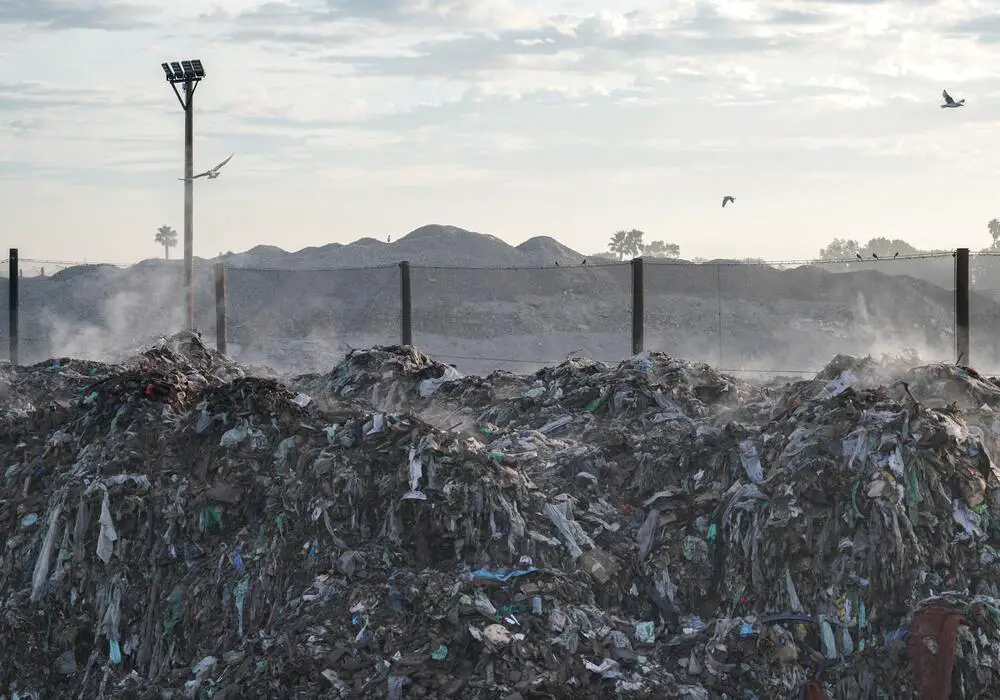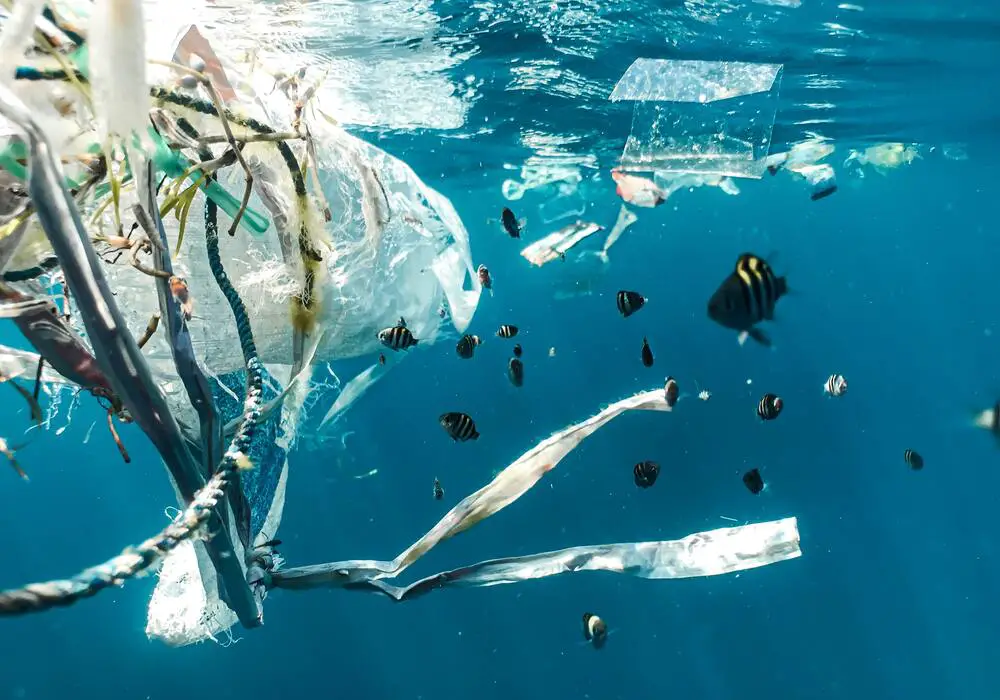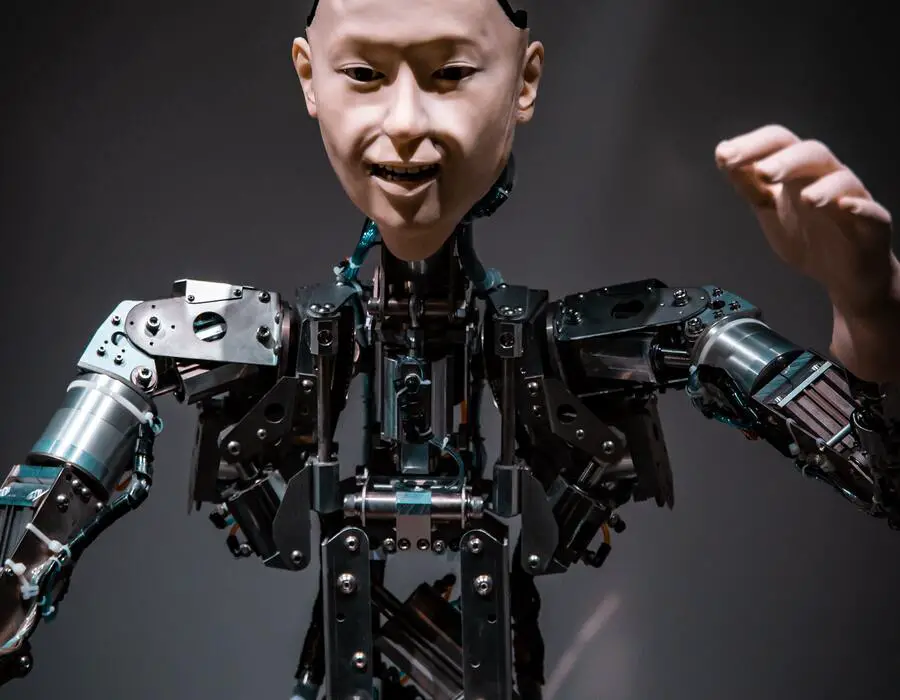Industrial mass production generates billions of tons of waste per year. In addition, hundreds of millions of tons of toxic waste are produced every year and the amount continues to increase every year. Since the damage caused by toxic wastes to the environment is increasing day by day, scientists are working on synthesizing chemical wastes and converting them into valuable products as a solution.
Artificial intelligence overcomes complex chemical syntheses
The synthetic pathways of organic chemical molecules are extremely complex. Traditional chemical synthesis design required chemists with rich chemical knowledge to design a possible synthesis route (including several steps) according to the structure and properties of the target molecule, and then only by trial and error the necessary formulas were found. Recently, artificial intelligence has developed very rapidly.
Scientists have designed an artificial intelligence system that can assist chemists in designing chemical synthesis pathways. Its strong computing power can display a large number of chemical reaction formulas, meeting real needs. This gives scientists much more time to find complex formulas.

In this way, a way out for toxic wastes from chemical plants can be found.
Polish scientists who recently graduated from Yale University, Dr. Using Allchemy artificial intelligence software, Bartosz A. Grzybowski developed an artificial intelligence system to calculate more than 300 chemical synthesis pathways, using chemical wastes produced daily by more than 200 chemical plants as raw materials.
Objective; recycle useless chemical waste into valuable products such as medicines or chemical fertilizers. This discovery has the opportunity to help the chemical industry reduce waste disposal costs and create new value from the use of waste. The results were published in the famous scientific journal Nature
Initial results in experiments very successful
Dr. Gezhbowski’s research team chose several chemical synthesis routes from the AI calculation results and first conducted small-scale experiments in the lab to confirm the feasibility and prove the accuracy of the calculation results.
While some steps of the synthetic pathway proposed by the researchers’ software, known as Allchemy, are quite innovative and unique, the synthesis is generally smooth and in good yield. Next, the synthesis will be scaled up and simulated real future production scenarios. In this way, many valuable products from pesticides to fertilizers will be produced from waste materials.

In conclusion
The results of this study show that if the entire chemical industry in general adopts artificial intelligence algorithms like Allchemy, it will change the industrial mode of operation comprehensively.
For example, one company may disclose what chemical wastes they produce, and another company may request for chemicals they wish to synthesize. The future of the world depends on such innovative ideas.
First Image Source : Unsplash





